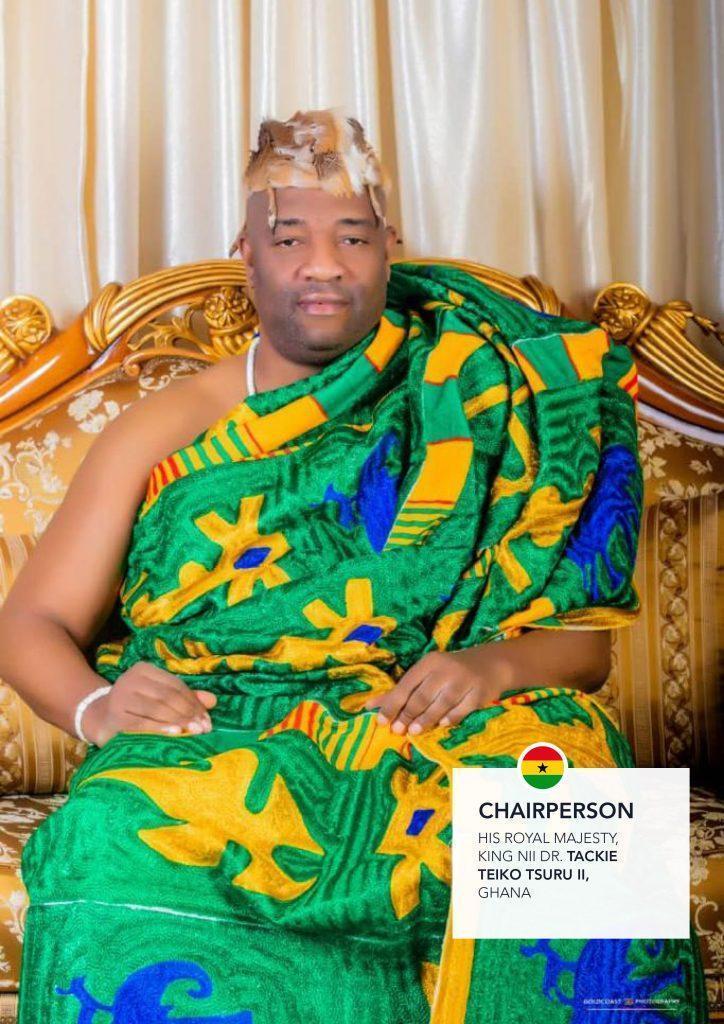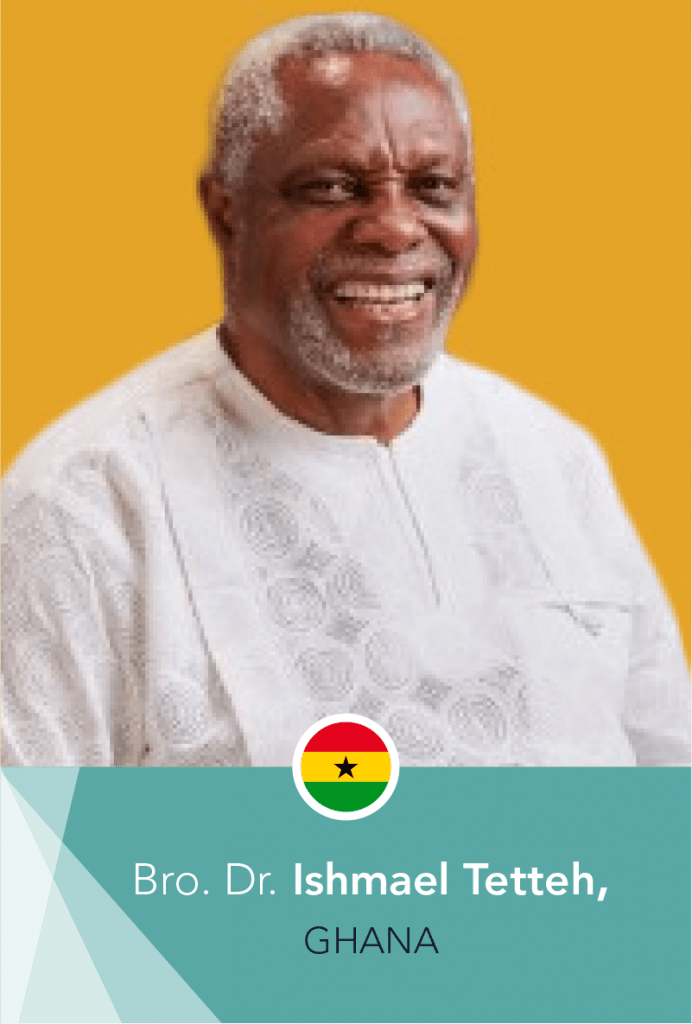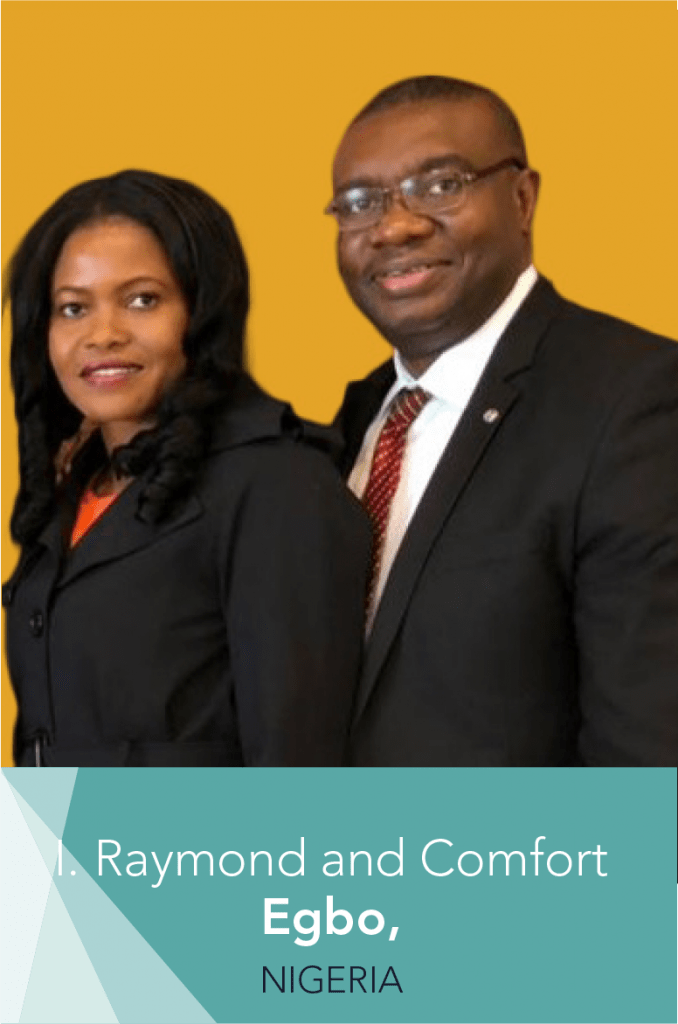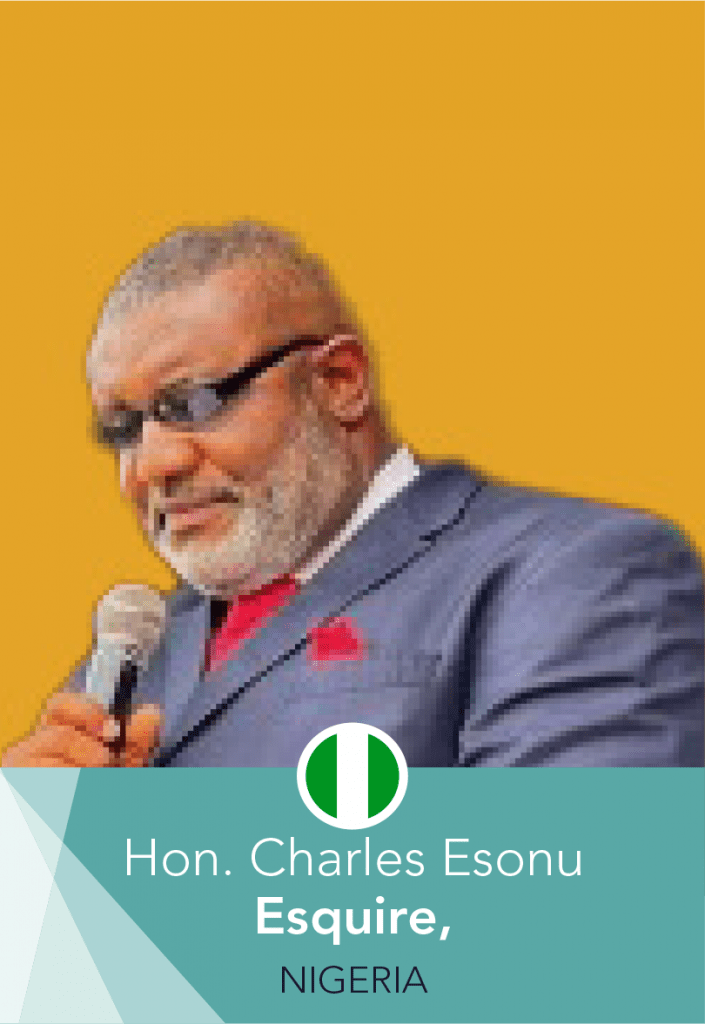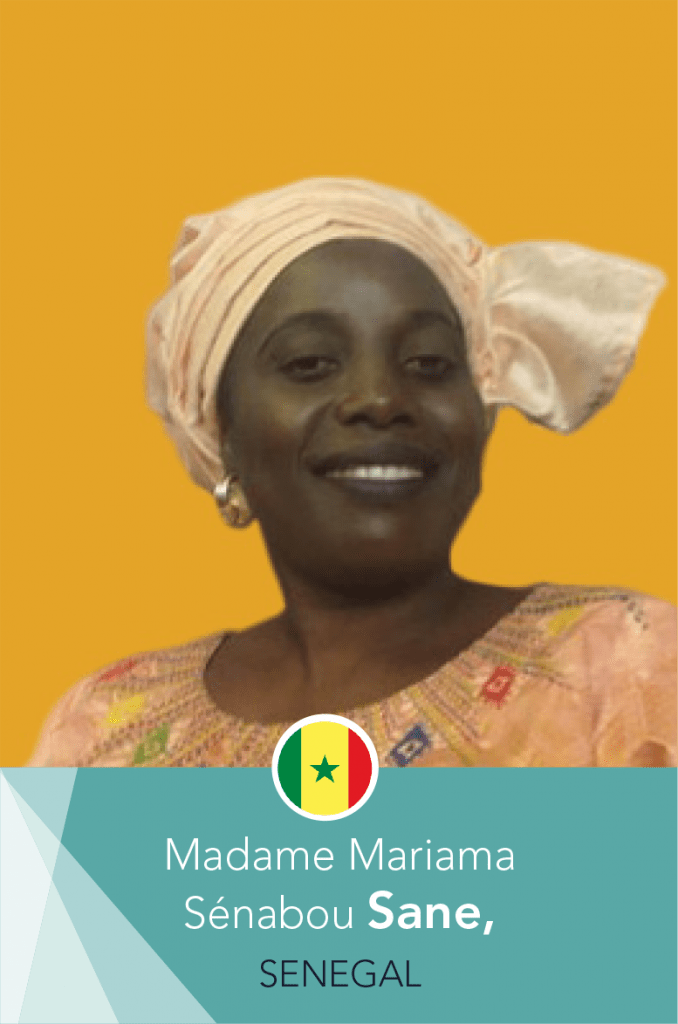Dr. Spencer James addresses the audience at the 2024 SFC.

Good morning, everyone. It is truly a pleasure to be with you. I am especially glad to be back here in Abidjan, Ivory Coast, where I spent two years living and serving as a missionary for the Church of Jesus Christ of Latter-Day Saints. I learned so much from so many of you, my dear and cherished friends.
My name is Dr. Spencer James. Professionally, I am a professor of family life at Brigham Young University in the United States but for the past year my family and I have lived here in West Africa as I served as a Fulbright Scholar at the University of Parakou in Northern Benin. During this time, I have greatly deepened my study of and appreciation for of African marriage and family patterns.
Today, I want to talk to you about 3 ways that policymakers, civic society, NGOs, and citizens can strengthen marriage. I have spent much of my career researching and teaching about ways to improve marriage. After the past year, I am convinced there are three ways that, if we all lift together, we can drastically improve marriage across sub-Saharan Africa, to the benefit of all.
But before I tell you what we can do to improve marriage, I first must convince you why you improve marriage. And the answer to that is devastatingly simple: marriage benefits, children, adults, and society writ large. And marriage benefits sustainable development. I don’t have a lot of time but there is a lot of research showing why marriage matters. I’ll just summarize here.
Marriage benefits children by creating a stable and supportive environment that significantly contributes to their overall development. This stability leads to improved educational outcomes and higher school attendance, as children in married households often receive more consistent academic support and encouragement. Furthermore, the secure family structure promotes better social development, helping children build healthy relationships and social skills. This supportive environment also reduces risky behaviors, as children are more likely to have clear boundaries and guidance. Consequently, they experience higher rates of flourishing and well-being. Ultimately, the combined effect of these benefits reduces the likelihood of poverty, providing children with a stronger foundation for future success.
Marriage benefits adults by fostering economic stability and providing a robust defense against poverty, as shared resources create a stronger financial foundation. Additionally, married individuals often experience better mental and physical health outcomes, benefiting from mutual care and concern. Emotional support in times of crisis is another significant advantage, as spouses provide comfort and assistance during difficult periods. Moreover, marriage enhances social and civic engagement, encouraging couples to participate more actively in their communities and contribute positively to society.
Marriage benefits society by fostering strong families, which significantly contribute to a higher GDP per capita through increased productivity and economic stability. The presence of stable family units leads to lower costs related to social welfare and support systems, as families are better equipped to support their members. This stability also promotes greater economic mobility and lower poverty rates, creating a more equitable society. Additionally, marriage strengthens community bonds and increases social capital, as families engage more actively in their neighborhoods. Higher volunteerism and lower crime rates are also observed in communities with strong family structures. Ultimately, marriage enhances social cohesion, fostering a sense of unity and shared purpose within society.
Finally, marriage benefits sustainable development by creating strong families, which are essential contributors to achieving all Sustainable Development Goals (SDGs), particularly those related to poverty reduction, education, gender equality, and health equity. Strong families provide a stable and supportive environment that enhances educational and economic opportunities, promoting gender and health equity. As families play a crucial role in policy decisions, marriage is key to forming these strong family units, thereby driving progress towards these global development goals.
I hope that you’re at least somewhat convinced now that marriage matters greatly and that we should seek to improve it. I say this because if we believe marriage is merely a choice among many, you can safely reject what I’m going to propose to you next. But if you believe that marriage is not only good, but absolutely essential to the wellbeing of everyone in society, then the three things I’m going to propose next are, like marriage, absolutely essential to the wellbeing of societies, not just here in sub-Saharan Africa, but around the world.
Today, I want to suggest three goals that everyone from policymakers to civic society, from NGOs to citizens, can work toward if we want to improve marriage. Because marriage takes so many forms here in West Africa and throughout sub-Saharan Africa more generally, I’ve broken these down by the type of marriage to which they mostly apply, although all three will help improve access to marriage across society.
These include the following: Eliminating the Dowry, Expanding Who Officiates Weddings, and Eliminating Child Marriage.
Eliminating the dowry system in traditional marriage practices would significantly alleviate several socio-economic issues. The dowry system, often the single greatest barrier to marriage in this region, impoverishes the younger generation by funneling resources to the older generation, thereby perpetuating a cycle of economic disparity. This transfer of wealth not only burdens young couples with significant debt and poverty but also exacerbates social inequality by reinforcing an intergenerational financial divide. By abolishing the dowry system, marriages can become more accessible and equitable, fostering a more balanced distribution of wealth and greater social cohesion while providing a more solid economic base for young couples.
Expanding the pool of wedding officiators would effectively reduce financial barriers and make formal marriages more accessible. Currently, officials often charge exorbitant amounts for their services, placing a heavy financial burden on couples. By increasing the number of authorized officiators, the cost of these services could be driven down, thereby eliminating a significant barrier to formal marriage. This expansion would not only provide couples with more options but also encourage more people to opt for legal marriages without the financial strain, fostering a more inclusive and equitable marriage system.
Finally, ending child marriage is essential for fostering successful unions. Marriages thrive when all parties involved are consenting adults, fully mature and capable of handling the responsibilities and challenges of adult life. Child marriage undermines this foundation by forcing individuals into adult roles before they are physically, emotionally, and psychologically prepared. By ensuring that all parties are of legal adult age, we can promote healthier, more stable marriages where both partners are equipped to contribute equally and effectively to their shared lives, ultimately leading to stronger and more resilient communities.
In conclusion, marriage and family stand as our most enduring and vital social institutions, providing stability, support, and a foundation for individual and societal well-being. If we hold these values dear, we must work tirelessly to remove any barriers that obstruct people from attaining happy and healthy marriages. Society’s support should encompass all family types, yet policy efforts must prioritize encouraging ideal family structures for the betterment of our communities. By eliminating practices like the dowry system, expanding the number of wedding officiators, and ending child marriage, we can pave the way for stronger, more inclusive, and equitable marital bonds, ensuring a brighter future for generations to come.








